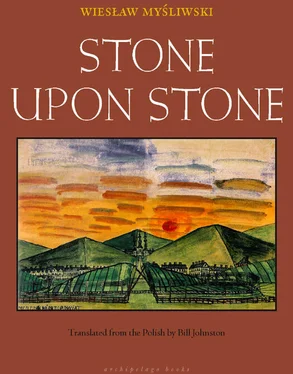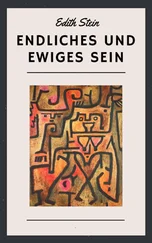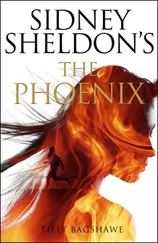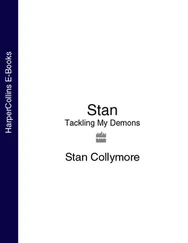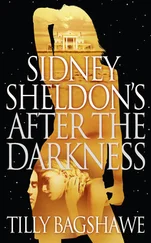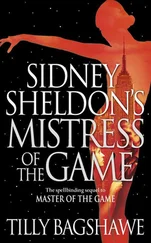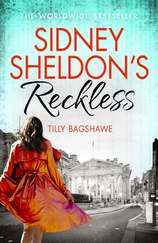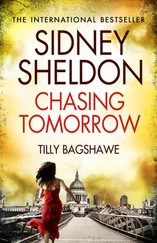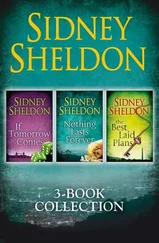As well as the road being for everyone, each person had a bit of it that was their own, depending on where their farmyard was. And before every Sunday or holiday in the summer they’d sweep it, in the fall they’d scrape the mud off it, in the winter they’d clear the snow and put down ash so nobody would slip and fall in front of their house. On Whitsun it’d be spread with stalks of sweet flag. The sweet flag would crunch underfoot when you were on your way to church, it smelled like in the woods, and people said it was the road that had that smell. And almost everyone had a bench or a big rock by the roadside. They could go out and sit there of an evening, chat with the neighbors, have a smoke, or just stare up at the dark sky over them. Ask God about this or that. And see nothing but the lights of the fireflies.
People, cows, geese — they’d all walk down the middle of the road, there was no left or right side. You could leave your horse and wagon by the side of the road and go to the pub for an orange soda or a beer, or sometimes even a half-bottle of vodka. You’d have your drink and your horse would just stand there. Or if you were on your way back from the fields with your crop and someone was coming from the opposite direction, you’d stop the wagons next to each other, like standing shoulder to shoulder, and no one would honk their horn to say you were blocking the road. And you’d take the same road on your final journey, because there wasn’t any other. Except the women would hurry out of their houses and shoo their chickens and geese into their farmyard. The farmers would keep the dogs in their kennels to stop them from barking. Wagons would pull over to the side. Mowers would take the scythe off their shoulder. Mothers would bring their babies out in front of the houses. And even drunks would take their cap off and sober up a bit.
On both sides there were acacia trees. When you walked down the road and they were in bloom, the smell would almost choke you. At night you’d have to close your windows or you’d wake up in the morning with a headache. When the farmers smoked on their benches or rocks in the evening, it was like the acacia was smoking. Watchdogs would lose their sense of smell and just lie there outside their kennels. If you had a young lady with you under one of those acacias in bloom you didn’t even have to do much talking. Today there’s maybe three or four of those trees left in the village. They cut them down when they were building the new road. Time was, acacias were planted for their wood that was used in making wagons. If you had an acacia, you’d have a wagon. Well, maybe not the shaft or the sides. For the shaft the best thing was young oak, and one-inch pine planking for the sides. But you’d have the perch, the bench, the tapers, the clouts, the futchel, the bolster, the weight, the singletree, the stanchions, the reach, and of course the wheels. For wheels there was no better wood than acacia. Even oak ones couldn’t match them. They were too hard, they were prone to crack. And the wheels are the most important part of a wagon.
Except these days it’s all rubber wheels. They’re trying to convince me to switch to rubber wheels. It’d be less work for the horse and you can carry a lot more on your wagon. Or at least reshoe him and put rubber linings on his horseshoes, because the asphalt is sharp. At harvesttime the farmers can carry four layers of sheaves in one go on rubber wheels. Before, even two horses together wouldn’t have been able to draw that much, now one of them can on its own. You sail down the road. Some of them barely have any land at all and they still have rubber wheels. Or the old folks, you’d think all they’d want would be to pray for a peaceful next life, and here they are swapping out their wooden wheels for rubber ones. Karpiel’s going to be headed for the next world too before long, and there won’t be any more wheelwrights. There’ll only be mechanics left. Then who’s going to even change a felloe for you when it goes bad? Who’ll turn a hub? And out of what? Back in the day there were acacia trees and you had the material. But back in the day there was the road as well.
True, it was winding. Roads often are. They have to go around one thing or another. A shrine, a pond, a house. They straightened the whole thing out and asphalted it over. They made long rounded curves so it doesn’t really bend at all, you just drive straight. A good many of those curves took up a whole field. Albin Mucha had a field next to the road where he grew buckwheat and serradella, now there’s a curve there. Sometimes on a Sunday he goes out onto the curve and knocks his cane on the blacktop and he shouts, this was my field! They buried it, the sons of bitches! Or he’ll sit by the ditch and make a list of the cars that are driving on his field.
There’s no denying the new road is three times wider than the old one and smooth as a tabletop for driving on. And you can see something of the world on it. Especially on Sundays. Though it’s a pity roads like that don’t have names like rivers. Because for our village, being next to the road is like being next to a river in spate. You stand there watching, and it just keeps on flowing and flowing. It even sort of divided our village into two villages. One on one side, one on the other. Mothers won’t send their children to the store if the store isn’t on their side. Neighbors would rather walk farther to borrow another neighbor’s horse or plow or scythe, just so as not to have to cross the river. When the cow minders take their cows to pasture, some are on one side and some are separate from them on the other side, when they used to all go together. Even at village meetings, the people from each side stick together. Or when two farmers that live opposite each other come out in front of their houses, they don’t go up to smoke and talk together like they used to. Instead, each one smokes on his own side and from his own pack of tobacco. And the way they talk to each other, it’s like they were deaf. Though how much can you say when one of you’s on one bank and the other’s on the other, and there are cars forever driving through your conversation. The little ones you can at least shout over, but the big trucks won’t even let the words out of your mouth.
It was a pity about those acacias as well. It made you want to cry, to see those old trees come toppling down like sticks under the saw. You were born with them and grew up with them, and you thought you’d die with them too.
It happened in the spring, if I remember rightly. It was cold, wet, muddy. There was still snow in the fields in places. They came with their machines and saws and started cutting the trees down. And the people came out and watched — what else were they supposed to do? Old folks, young ones, kids, mothers with babies, the way everyone goes down to the riverbank when the river’s about to flood. Or when there’s a glow on the horizon at night and all you know is there’s a fire somewhere, but it’s too far away to go help. There were a good few tears, a good few people calling on God, a good few wailing babies in their mothers’ arms, because for the kids it was like their world was being cut down before their eyes.
Except that afterwards, when it turned out the trees were going to be sold, everyone miraculously got over it and they all rushed to buy them. There were quarrels and bribes and accusations. Some people kept watch over the trees round the clock for days on end. Some guys sent their daughters out to wiggle their backsides in front of the workmen. Whoever didn’t have a young girl in the family showered them with vodka and sausage and whatever they had. Someone even nailed a picture of a guardian angel on one of the trees to mind it for him. Someone else hung a length of red ticking on another one to mark that it was his. Boleś Walek tied his dog to one because he was planning to make a wardrobe out of it. But in the night someone knocked the animal out and tied it to a telegraph pole instead. Mikus, in turn, he had his boy climb up in a tree and sit there till they cut it down. And they went on like that, competing with each other the whole time.
Читать дальше
